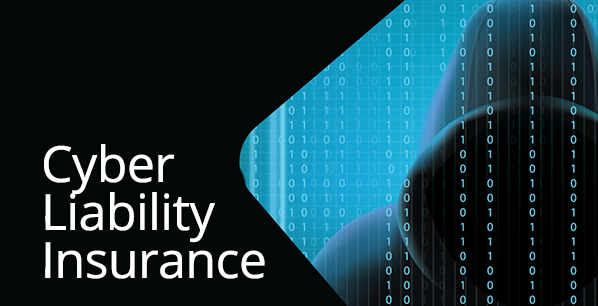Nobody likes paying for insurance, but one of the hard facts of owning a business is that there is an array of insurance that must be maintained (and provided, but that’s a different topic). One that is often overlooked by small business—but can actually be more useful than earthquake or tsunami insurance—is Cyber Liability Insurance (also known as Cybersecurity, Privacy, and Media Liability Insurance). This is because many small businesses assume that they are too “small potatoes” to ever need insurance of this kind. And based on the fact that the media almost always focused on bigger corporation breaches, it’s easy to see why. But what they don’t report is that many of these attacks begin at a small business level, targeting the local partners that corporations use since they typically have lighter cybersecurity. Then the hackers move up the chain and when they successfully invade the big target, it becomes news. This is one of the many reasons why it’s becoming increasingly vital that all sizes of companies have it.
What is Cyber Liability Insurance?
Essentially it steps in to help cover your business and/or customer data is compromised, such as if your network or computer systems are hacked or if they are corrupted by a virus. The particulars of what’s covered by the typical Cyber Liability Policy varies from provider to provider since they’ve only started offering it in the last few decades. As instances of breaches increase, so does the demand, so it’s predicted that there will be more standardization in coming years. Until then, the responsibility is on each small business to shop around the options and find the policy that best meets their needs.
Who Needs Cyber Liability Insurance?
The most direct answer is every small business that collects any kind of data about their employees and customers. So these days, that’s just about everyone. To elaborate, a general liability policy for a company provides basic coverage, but a small business that gathers and stores Personally Identifiable Information (PII) for employees and customers should have their own stand-alone cyber liability policy. This financially protects the company against data breaches that result in monetary consequences. As stated above, the types of consequences that are covered and by how much is up to the individual insurance provider and their plan types, so putting out feelers is the best place to start.
Why Do Small Businesses Need Cyber Liability Insurance?
As we mentioned in the opening of this article, breaches happen to all sizes of companies. And since the increasing power of uncontrollable forces—like the pandemic—are escalating the need to make business virtual, criminal activity is escalating virtually as well. The new world of online business makes everyone susceptible. Just like living on the west coast makes you more likely to need earthquake insurance, conducting business activities online makes you more likely to need Cyber Liability Insurance.
Small businesses are the most vulnerable to data breaches since they typically lack the internal support and resources to prevent such attacks. Clients of Managed IT Service Providers with expertise in Cybersecurity, like HDCav, get all of the most modern technological protection and monitoring. But not even they can protect companies from things like human error, which is one of the most common ways that cyber criminals gain entry.
Next Steps to Make Sure You’re Protected
First things first, make sure you have a strong cybersecurity plan in place, or engage with a Managed IT Services Provider who can create and install one for you. To paraphrase George Washington, the best defense is a good offence. Then contact your insurance agent for suggestions on which providers and policies best work for your company.
We’re always here to help, so if you’d like to go over your current plan or create a new one, just contact us. Stay safe out there in cyberspace!

